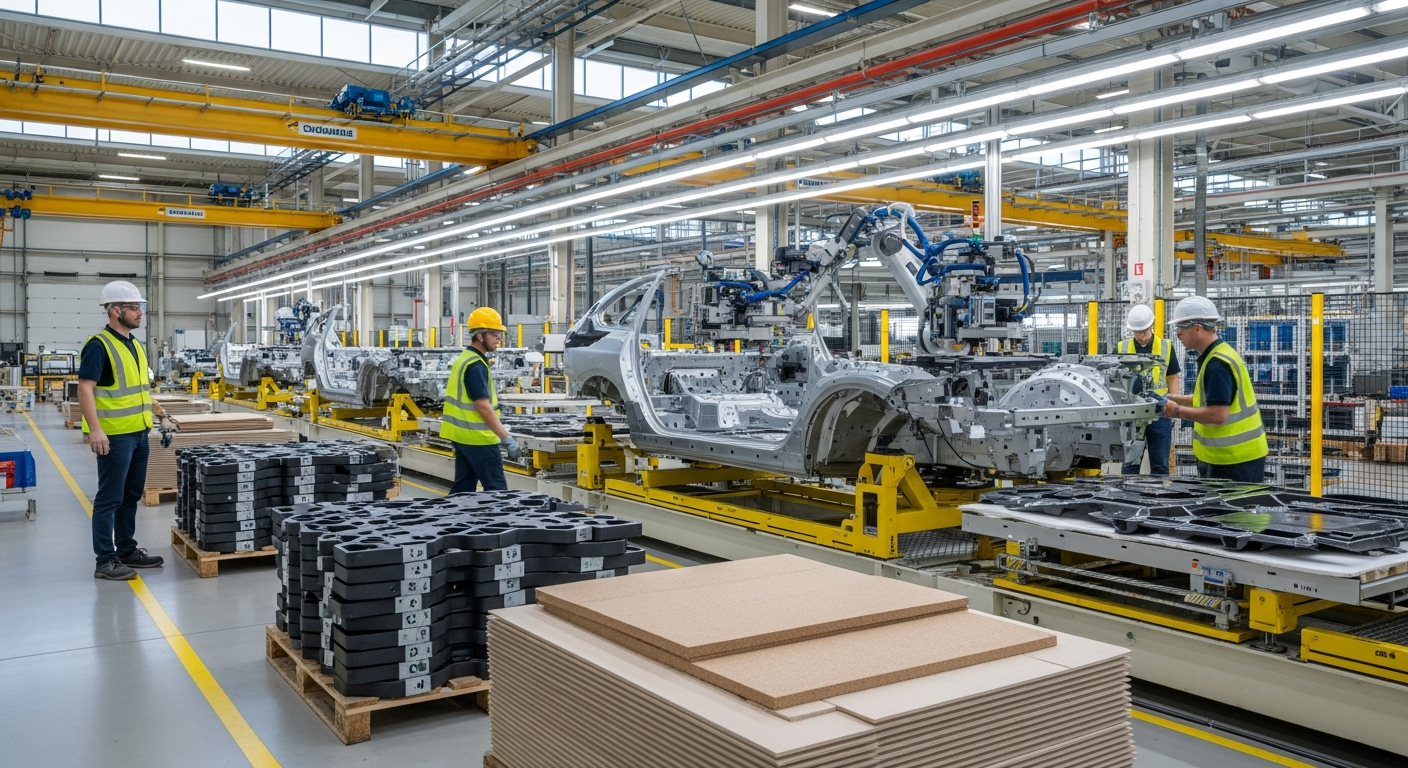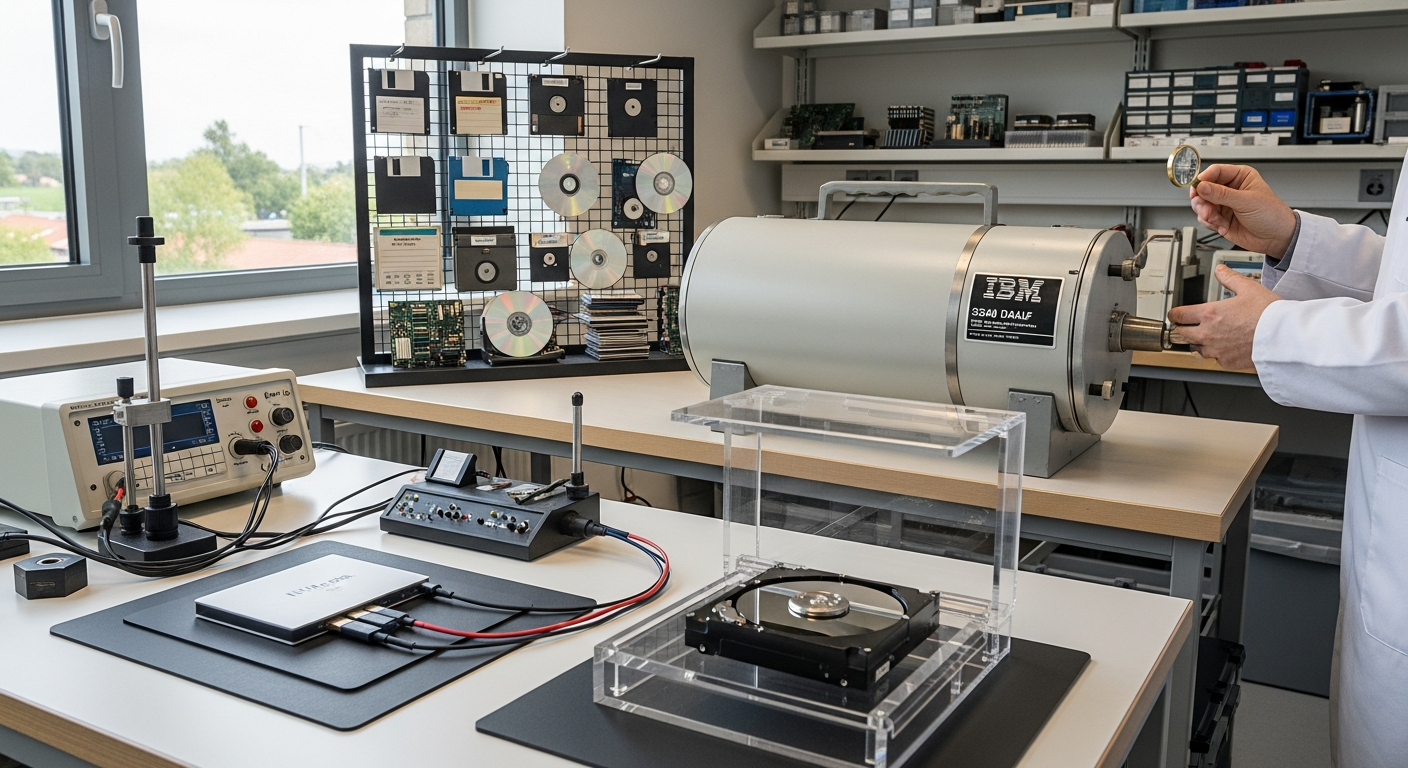Reimagining Industrial Logistics: A New Dawn of Operational Excellence
The world of business and industry is in a perpetual state of flux, propelled by a relentless tide of innovation and market forces. One area that has seen significant transformation, yet remains relatively underexplored, is the realm of industrial logistics. This crucial business function, traditionally associated with the transportation and storage of goods, is experiencing a radical reshaping. Today, we delve into the fascinating evolution of industrial logistics, its current trends, and the implications for businesses navigating this increasingly complex landscape.

Industrial logistics has its roots in military strategy, where the efficient movement of troops and supplies often determined victory or defeat. Over the centuries, these principles were adopted and refined by business enterprises, evolving into a sophisticated discipline that manages the flow of goods, information, and resources within a production system. However, the advent of the digital age has dramatically accelerated this evolution, leading to a profound shift in how logistics functions are envisaged and executed.
In the current business landscape, several trends are redefining industrial logistics. The rapid growth of e-commerce, for example, has necessitated the development of advanced logistics solutions to manage high-volume, high-velocity order fulfillment. Similarly, the increasing emphasis on sustainability is driving the adoption of green logistics practices, such as the use of alternative fuels and energy-efficient warehousing technologies.
But perhaps the most significant trend is the increasing integration of advanced technologies into logistics operations. From real-time tracking and predictive analytics to autonomous vehicles and drones, technology is not just improving logistics efficiency but also transforming its very nature.
This new era of industrial logistics presents a host of opportunities and challenges. On the one hand, businesses can leverage these advancements to streamline operations, reduce costs, and enhance customer satisfaction. On the other, they must grapple with complex implementation issues, regulatory hurdles, and the need for new skills and competencies.
Practical Insights for Navigating the Future of Industrial Logistics
-
Invest in technology: Technologies like AI, IoT, and blockchain are driving the future of logistics. Businesses should explore and invest in these technologies to stay competitive.
-
Prioritize sustainability: Green logistics practices not only help companies meet regulatory requirements but also resonate with increasingly environmentally conscious consumers.
-
Develop new skills: As logistics becomes more technology-driven, there is a growing need for skills in data analysis, machine learning, and robotics.
-
Foster partnerships: Collaboration with technology providers, logistics service providers, and other stakeholders can accelerate innovation and implementation.
In conclusion, industrial logistics is on the cusp of a new era, characterized by technological innovation, sustainability, and unprecedented complexity. While this transformation presents significant challenges, it also offers immense opportunities for businesses that can adapt and evolve. As the saying goes, “the only constant in life is change” – and nowhere is this more evident than in the dynamic world of industrial logistics.





